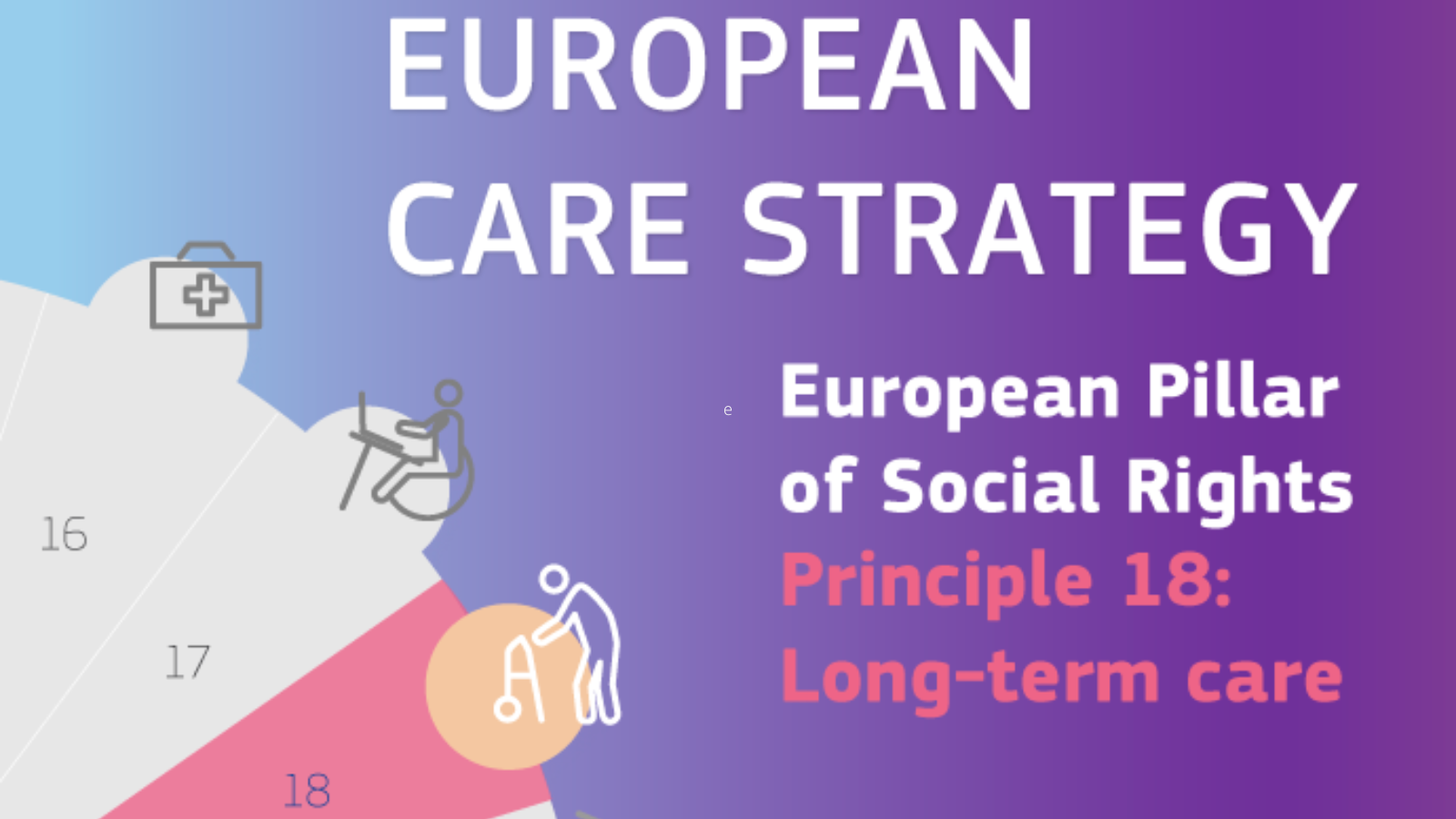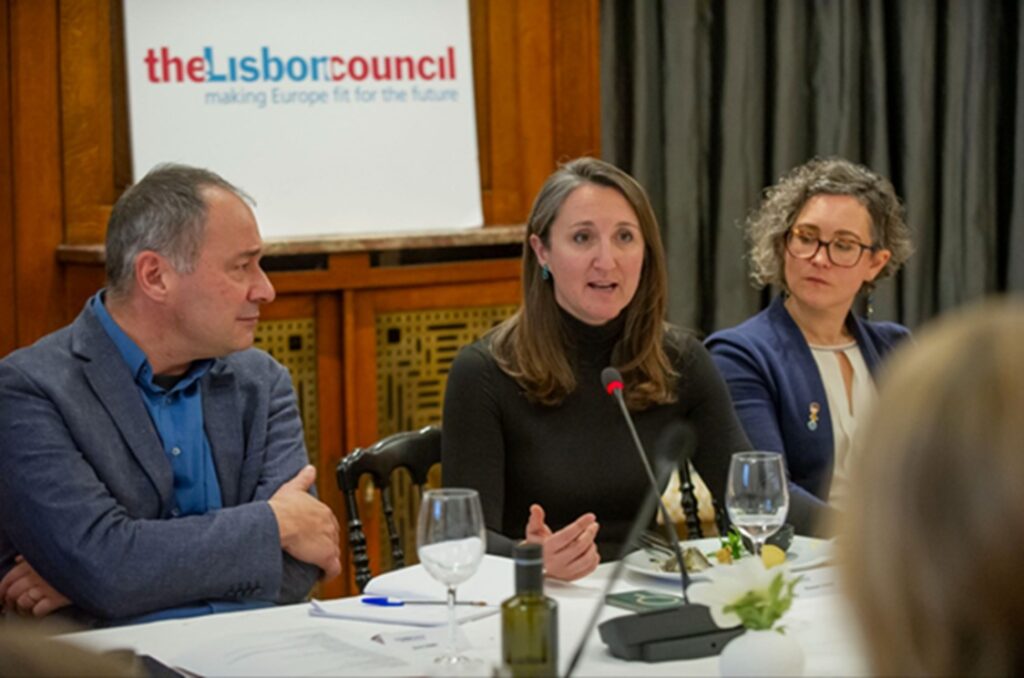The European Care Strategy for caregivers and care receivers was adopted in December 2022. This strategy was proposed by the European Commission, and adopted by the 27 governments of the EU in order to ensure quality, affordable and accessible care services across the European Union and improve the situation for both care receivers and the people caring for them, professionally or informally.
The political momentum which led to its adoption was the huge attention put on care during the COVID-19 pandemic, which showed the major importance of care to support work-life balance and overall resilience of European societies and economies.
COFACE monitors closely the implementation of the strategy in both care service fields: early childhood education and care (ECEC), and long-term care (LTC). For ECEC, we monitor especially measures taken through the European Child Guarantee national action plans, working with the Alliance for Investing in Children. For LTC, we do this together with a European care advocacy alliance of more than 20 NGOs and trade unions, which have made key demands for transparency in relation to long-term care measures especially.
The national implementatoin reports on LTC were published this month, and can be found here. The reports contain different measures to boost both professional care and support measures for family/informal carers. We invite the COFACE community to check the reports for their country and send any feedback to the secretariat, as well as connect with the Long-term care coordinators in their country.
The new European Commission must prioritise the implementation and monitoring of progress in boosting care services. It is quite worrying to see however that the European Care Strategy is not explicitly mentioned in the Mission-Letters from Ursula von der Leyen to the Commissioner-designates. We expect the European Parliament to seek clarifications on this matter during the hearings in November 2024.
______________
National implementation reports
Austria – Belgium – Bulgaria – Croatia – Cyprus – Czechia – Denmark – Estonia – Finland – France – Hungary – Ireland – Italy – Latvia – Lithuania – Luxembourg – Malta – Netherlands – Poland – Portugal – Romania – Slovakia – Slovenia – Spain – Sweden





